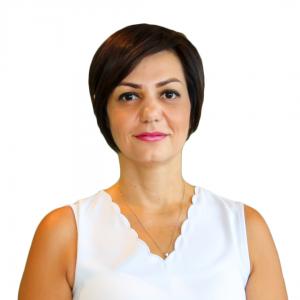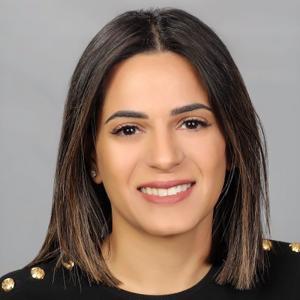What is autism?
Autism spectrum disorder (ASD) is a neurologically based lifelong developmental disability that is characterized by challenges with social skills, repetitive behaviors, speech and nonverbal communication.
ASD refers to a broad range of conditions that develops from a combination of genetic and environmental factors. Each individual with ASD has a distinct set of strengths and challenges. Accordingly, some individuals with ASD may require significant support in their daily lives, while others may need less support or even live entirely independently. Regardless of the severity of ASD, it is well established that early diagnosis is now strongly encouraged due to the mounting evidence for the positive effects of early intervention, which is seen as one of the keys to mitigating the lifelong effects of ASD and associated costs.
Early signs of ASD can include:
- No big smiles or other warm, joyful expressions by six months
- No back-and-forth sharing of sounds, smiles or facial expressions by nine months
- No babbling or response to name by 12 months
- No back-and-forth gestures such as pointing, reaching or waving by 12 months
- No words by 16 months
- No meaningful, two-word phrases (not including imitating or repeating) by 24 months
- Any loss of speech.
Diagnosis
Fortunately, nowadays we are able to diagnose ASD at increasingly younger ages; the current agreement is that most children with ASD can be diagnosed by 24 months.
If you suspect that your child has an autism spectrum disorder, or your child’s pediatrician or teacher has raised concerns, our team at the ASD diagnosis and counselling unit at Abdali Hospital is here to help. Our multidisciplinary team includes pediatricians and neurologists who are specialized in the early detection of ASD as well as experts who are trained on the gold standard tools to diagnose ASD.
Our services at the ASD diagnosis and counselling unit include:
-
A comprehensive diagnostic clinic:
ASD Diagnostic Testing at our clinic involves:- A clinical perspective from a pediatric and/or neurologist with expertise in ASD.
- A structured, “gold standard,” empirically validated measures of ASD specifically the Autism Diagnostic Observation Schedule (ADOS) and the Autism Diagnostic Interview-Revised (ADI-R). These measures include a direct observation of a child’s emerging cognitive, language and social skills in a play-based format and a comprehensive interview with the parents.
- A written ASD diagnostic testing report that will be reviewed and discussed in a diagnostic feedback meeting with caregivers
- Family Counselling and support services
- Consultation with families following an ASD diagnosis to discuss options and plan care paths
- Assistance in accessing the therapies that offer the best outcomes
- Providing the training “More than words- The Hanen Program” for parents of young children with ASD to improve their social communication, imitation, and play skills by providing.
Interventions
There is no cure for autism, but early treatment that targets the core behaviors of ASD can make a big difference in development for a child with ASD. Many individuals with ASD have additional medical conditions such as sleep disturbance, seizures and gastrointestinal (GI) distress. Addressing these conditions can improve attention, learning and related behaviors.
Every child or adult with autism has unique strengths and challenges, so what works for one child might not work for another. Each autism intervention or treatment plan should be tailored to address the person's specific needs. A treatment plan can include behavioral interventions, speech therapy, occupational therapy, medicines or a combination of these.
It is important that you talk to the specialists about the needs of your child and the interventions that can address those needs.


